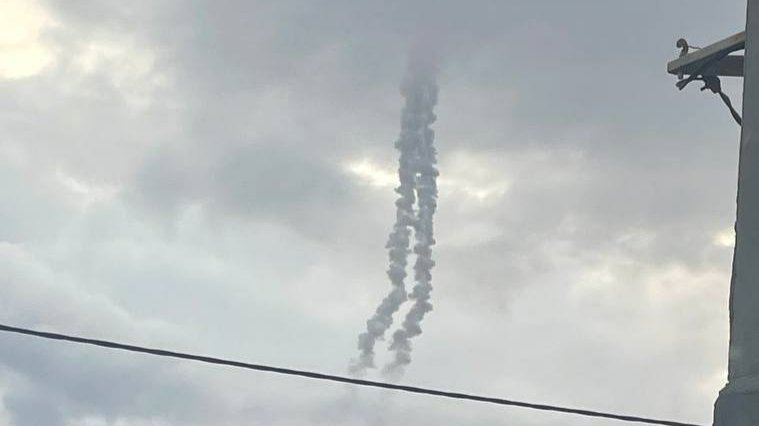Iran's foreign minister on Saturday expressed Tehran's preparedness for the resumption of negotiations over its nuclear program but warned that the window will remain open for a limited period of time.
Abbas Araghchi told the state television that Iran is fully prepared for negotiations on its nuclear program and believes a deal is achievable through diplomacy.
"We believe the window for diplomacy is still open, albeit for a short time, provided the other parties demonstrate genuine willingness. Without such commitment, we will pursue an alternative course," he warned.
The 'short period of time' Araghchi mentioned refers to October 2025, when most restrictions against Tehran's nuclear program will be removed under the UN Security Council Resolution 2231, and the West will no longer be able to apply “snapback” sanctions.
Araghchi said the European powers will most probably try to use the snapback mechanism to restore sanctions against Iran over the next year. "The Iranian nuclear program's trajectory in the coming year will be challenging and sensitive, but we are prepared for any scenario. If confrontation becomes inevitable, we are ready to face it. Similarly, if cooperation is possible, we are prepared to embrace that path as well."
Earlier on Thursday, Iran's President Masoud Pezeshkian said in a meeting with IAEA Director General Rafael Grossi that Tehran was prepared to cooperate with the UN nuclear watchdog to clear up "alleged ambiguities about the peaceful nuclear activity of our country".
Iran preparing for Trump's 'maximum pressure'
Araghchi's Saturday remarks came hours after the Financial Times reported that Donald Trump’s incoming administration plans to revive its “maximum pressure” policy to “bankrupt” Iran’s capacity to support its so-called Axis of Resistance and pursue nuclear development.
Trump’s team is preparing executive orders for his first day in office that would tighten existing sanctions and introduce new ones on Iran’s oil exports, the FT report said citing unnamed sources.
Araghchi said on Saturday it was too early to analyze the Trump administration's approach to the Islamic Republic, but Tehran will adjust its behavior according to their actions.
He also noted the people nominated by Trump for the new US administration have a "radical tendency" in supporting Israel.
Araghchi also referred to a New York Times report about a meeting between Trump's close ally, Elon Musk, and the Iranian envoy to the United Nations, and called it a fabricated scenario possibly aimed at testing Iran's reaction.
The foreign minister said no Iranian official has met Elon Musk. When asked about Tehran's delay in dismissing the report, Araghchi explained that the NYT story was published at 01:00 a.m. (Iran time). Upon waking and seeing the report, he initially thought it didn’t warrant a response. He then waited for Iran’s UN envoy in New York to wake up and inquired why they hadn’t denied it. "They replied, 'We thought it was too insignificant,'" Araghchi told state TV.
The initial report by the New York Times raised significant questions about President-elect Trump's Iran policy, specifically whether he plans to intensify pressure on Tehran or pursue dialogue to ease tensions in the Middle East.
The Associated Press, quoting an unnamed American official, confirmed that the talks, held on November 12, were requested by the Islamic Republic, while the initial report had said the request came from Musk.
According to reports, the discussion spanned key geopolitical issues, including Iran’s nuclear program, its regional alliances with proxies, and the possibility of reducing tensions with the United States.
While Tehran is dismissing the reports, neither Elon Musk nor Trump's team has refuted the report, indicating that it could be an early move by the incoming administration to establish communication and engage with the Islamic Republic.

 4 days ago
38
4 days ago
38

